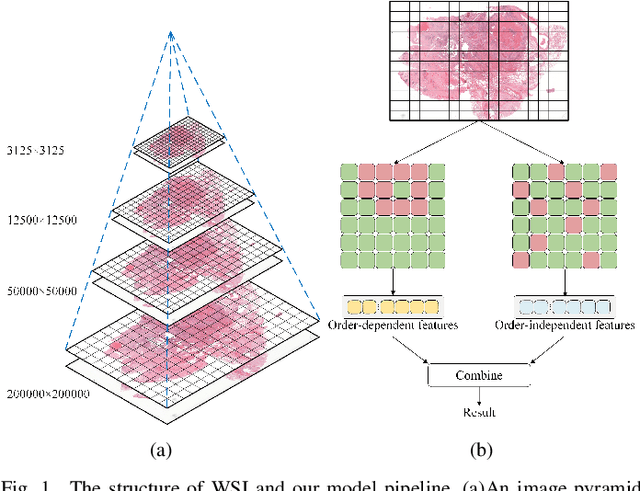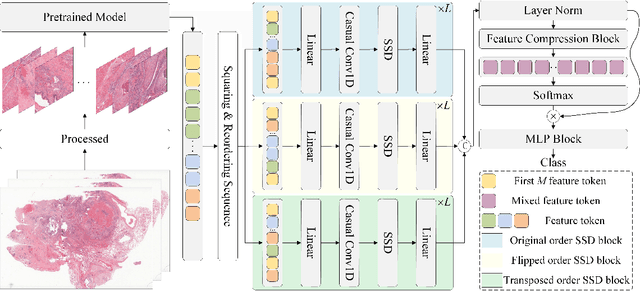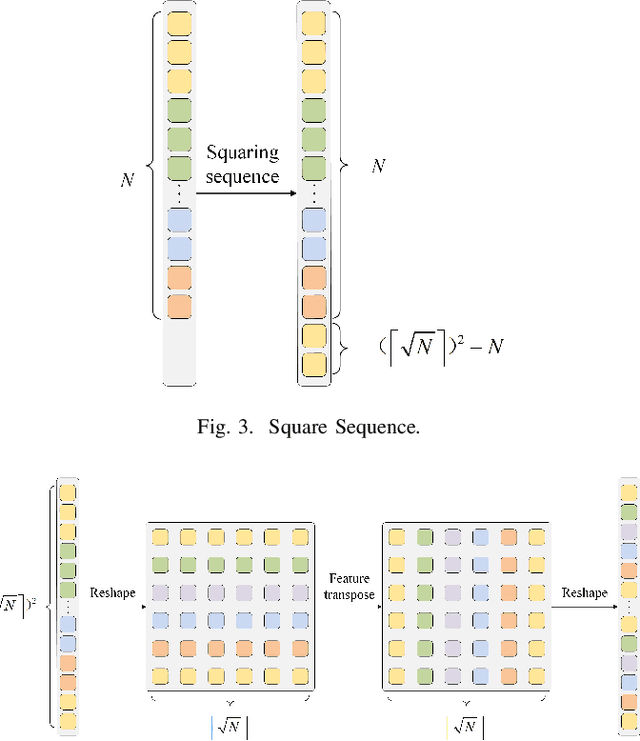Taiying Peng
In the Eye of MLLM: Benchmarking Egocentric Video Intent Understanding with Gaze-Guided Prompting
Sep 09, 2025Abstract:The emergence of advanced multimodal large language models (MLLMs) has significantly enhanced AI assistants' ability to process complex information across modalities. Recently, egocentric videos, by directly capturing user focus, actions, and context in an unified coordinate, offer an exciting opportunity to enable proactive and personalized AI user experiences with MLLMs. However, existing benchmarks overlook the crucial role of gaze as an indicator of user intent. To address this gap, we introduce EgoGazeVQA, an egocentric gaze-guided video question answering benchmark that leverages gaze information to improve the understanding of longer daily-life videos. EgoGazeVQA consists of gaze-based QA pairs generated by MLLMs and refined by human annotators. Our experiments reveal that existing MLLMs struggle to accurately interpret user intentions. In contrast, our gaze-guided intent prompting methods significantly enhance performance by integrating spatial, temporal, and intent-related cues. We further conduct experiments on gaze-related fine-tuning and analyze how gaze estimation accuracy impacts prompting effectiveness. These results underscore the value of gaze for more personalized and effective AI assistants in egocentric settings.
Mamba2MIL: State Space Duality Based Multiple Instance Learning for Computational Pathology
Aug 27, 2024



Abstract:Computational pathology (CPath) has significantly advanced the clinical practice of pathology. Despite the progress made, Multiple Instance Learning (MIL), a promising paradigm within CPath, continues to face challenges, particularly related to incomplete information utilization. Existing frameworks, such as those based on Convolutional Neural Networks (CNNs), attention, and selective scan space state sequential model (SSM), lack sufficient flexibility and scalability in fusing diverse features, and cannot effectively fuse diverse features. Additionally, current approaches do not adequately exploit order-related and order-independent features, resulting in suboptimal utilization of sequence information. To address these limitations, we propose a novel MIL framework called Mamba2MIL. Our framework utilizes the state space duality model (SSD) to model long sequences of patches of whole slide images (WSIs), which, combined with weighted feature selection, supports the fusion processing of more branching features and can be extended according to specific application needs. Moreover, we introduce a sequence transformation method tailored to varying WSI sizes, which enhances sequence-independent features while preserving local sequence information, thereby improving sequence information utilization. Extensive experiments demonstrate that Mamba2MIL surpasses state-of-the-art MIL methods. We conducted extensive experiments across multiple datasets, achieving improvements in nearly all performance metrics. Specifically, on the NSCLC dataset, Mamba2MIL achieves a binary tumor classification AUC of 0.9533 and an accuracy of 0.8794. On the BRACS dataset, it achieves a multiclass classification AUC of 0.7986 and an accuracy of 0.4981. The code is available at https://github.com/YuqiZhang-Buaa/Mamba2MIL.
 Add to Chrome
Add to Chrome Add to Firefox
Add to Firefox Add to Edge
Add to Edge